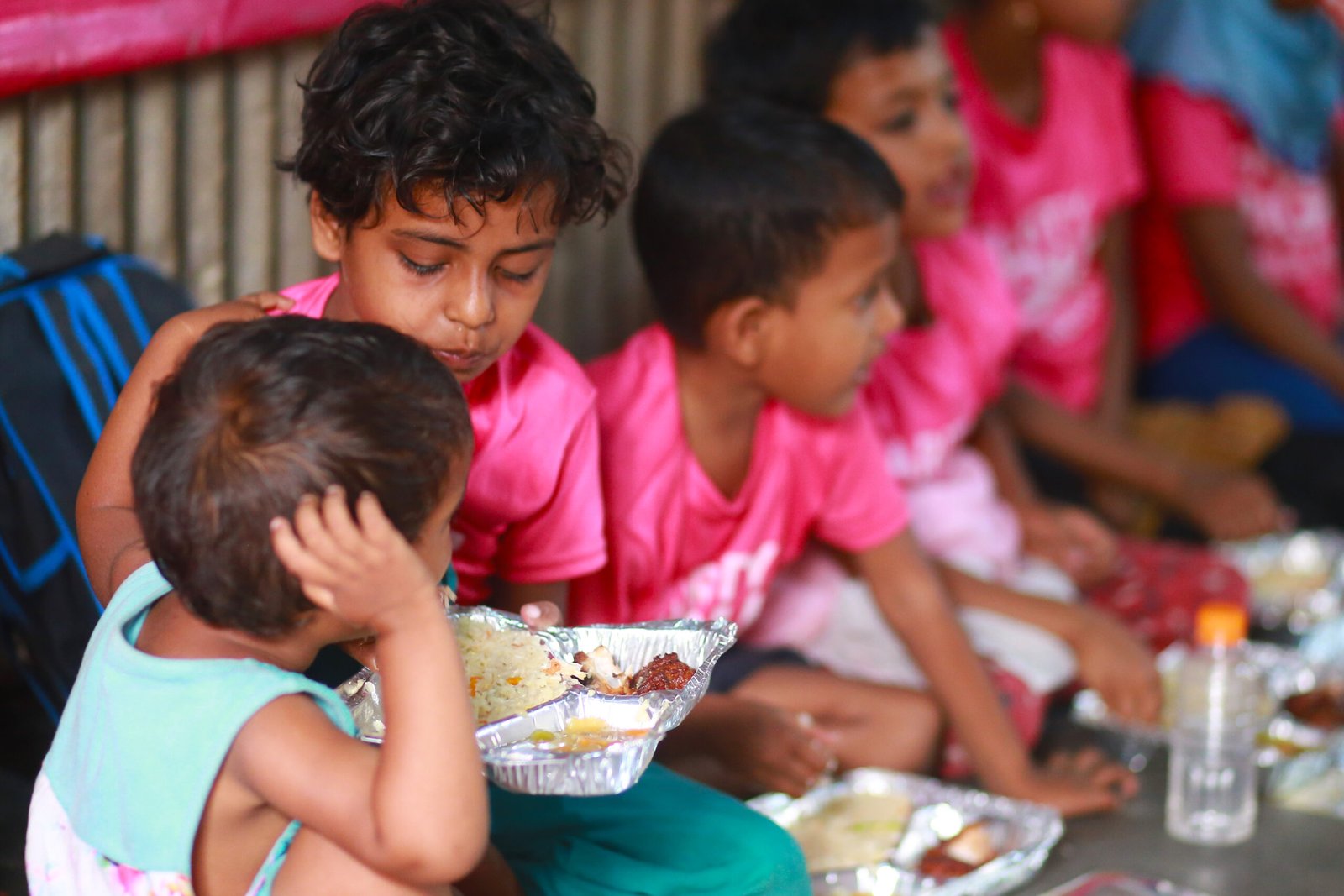Inside BENEO’s new pulse plant: pioneering sustainable protein from faba beans
In 2001, the school feeding programme was launched by distributing fortified biscuits
State Minister, Ministry of Primary and Mass Education, Md. Zakir Hossen MP, recently launched the feasibility study for the national school feeding programme in Bangladesh, in partnership with the World Food Programme (WFP). The overall objective of the feasibility study is to explore the most appropriate school feeding modality, by looking closely at acceptability of beneficiaries, government’s capacity to implement, cost and education/nutrition impact.
Global evidence indicates that school meals not only contribute to children’s health and development, but also positive education and socio-economic outcomes, laying a foundation for human capital development.
By 2022, some 3 million children in 104 upazilas were covered under the school feeding programme. A pilot was launched in October 2013, in which cooked meals were provided, comprising of fortified rice, pulses as well as vegetables and eggs sourced from local women farmers.
Both the biscuits and cooked meals as modalities made positive impact on the education outcomes for children. School enrolment recorded a 4.2 percent increase, while dropouts reduced by 7.5 percent. The prevalence of anaemia in schools with feeding programmes was less than half that of schools without – 10.9 percent versus 21.9 percent respectively.
Image credit- shutterstock

